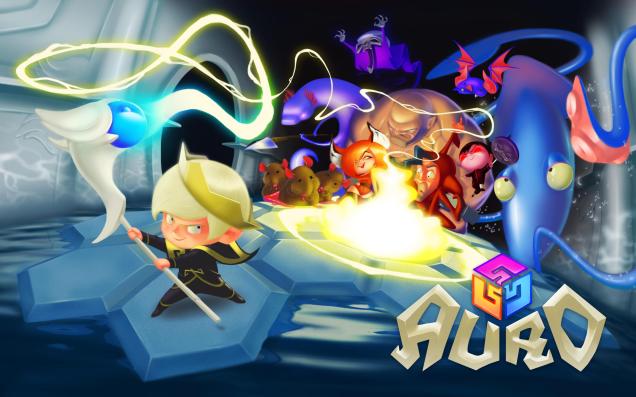
Super Smash Bros. is a fascinating series for many reasons. The first is that it’s one of the only fighting games to really break the mold and do something wildly different from other 2D fighting games. It changes the entire goal of the game from one of hit point depletion to one of damage accumulation and a sort of sumo knock-out. It links the short-term game arcs into a meaningful long-term arc to a degree that many fighting games don’t. Getting knocked away farther and farther distances as your damage goes up changes the way you interact with your opponent in a much more fundamental way than a “super meter” can.
That fact alone is a significant reason for its questionable status among gamers, which brings us to the second reason it’s so fascinating: many gamers don’t even consider it to be a fighting game. Of course, a claim like that begs the question “What is a fighting game?” And if the answer to that is “A one-on-one match where on-screen avatars punch, kick, and throw thirty-six different variations of fireball at each other until one person runs out of hit points,” then no, Super Smash Bros. is not a fighting game. But it’s only the last bit where SSB fails the litmus test. There’s still plenty of punching and kicking and fireballs happening on screen – it’s just that the goal is inverted and made more elastic. It’s a consequence of video game genre names being more focused on thematic elements than how the game actually works. I mean, is there any shortage of “fighting” in Dota 2?
Ultimately, the format of the game isn’t the biggest reason for SSB’s questionable genre status – it’s the word of the creator. In another fascinating aspect of the story of SSB, game director Masahiro Sakurai has often gone on record saying that he had always intended Smash Bros. as a “party game,” and each and every time community forums have violently exploded. “See?? I told you it was a party game! It’s not like actual fighting games where it’s about skill!” “No way, Smash has skill! Just look at wave dashing!” It’s an old argument, one not always even fought on the same terms, but the one thing that at least the competitive players seem to mostly agree on is “No items!” The randomized items that appear all over the place give SSB a wacky sort of flavor. They create the vibe of a party game, but do so at the expense of the competitive integrity of the game. So when Nintendo’s position on SSB is that it’s “a kind of ‘rough’ party game,” they’re sending a message to fighting game enthusiasts that SSB isn’t for them. However, I think in doing so, Nintendo has drawn a false dichotomy: the idea that there are party games, and there are competitive games – there is no overlap. However, that doesn’t need to be the case.
